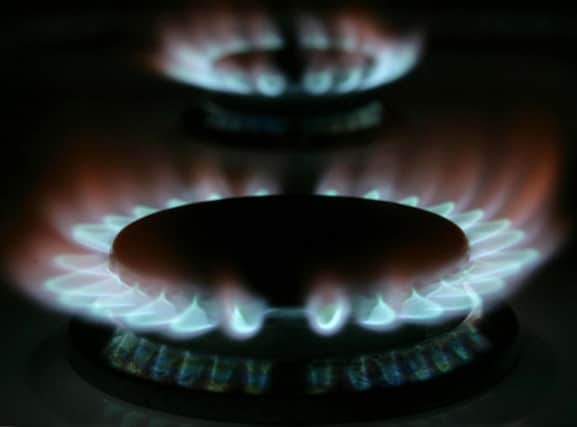More transparency for ‘White label’ power deals


Until now, energy deals which are marketed by companies which do not directly supply utilities – such as supermarkets – but provide the service under licence from the major firms, do not have to be offered to customers of the Big Six as an alternative to their existing tariff.
But now, the white label brands run in partnership with the major suppliers will be subject to the same rules as those sold under the energy company’s own branding and will have to be included when firms are obligated to tell customers what the cheapest deal for them would be. White label brands currently on offer in the marketplace include Sainsbury’s Energy – which is run under licence from British Gas – and M&S Energy, which is partnered with Perth-based SSE. SSE also partners with Ebico, the UK’s only not-for-profit energy provider.
Advertisement
Hide AdAdvertisement
Hide AdUnder reforms designed to make the energy market simpler and fairer, Ofgem earlier this year ruled that all suppliers must tell their customers about the cheapest tariff they offer, limiting each supplier to four tariffs. However, it handed temporary exemptions to white label brands and their partner suppliers, so that they were only obliged to advertise the cheapest tariff for their own brand.
“Under Ofgem regulations, suppliers already have to tell customers about their cheapest deal, but until now this rule hasn’t extended to white label tariffs,” Ofgem said. “Ofgem wants to ensure that suppliers are clear with their customers about their cheapest tariffs, regardless of the brand they use to offer the tariff.”
Consumer groups welcomed the move, but warned that the change could mean that energy firms would look to make their white label deals less competitive so that they do not lose out by setting them against their own tariffs. The brands which market the deals pocket a proportion of money generated from any white label contract, while the utility firms’ own offers are paid directly to them.
Jason Wakeford, energy expert at uSwitch.com, said: “This move by Ofgem is the fair and right thing to do for consumers. However, we would be concerned if this ruling means suppliers make their white label tariffs less competitive in future to avoid having to advertise them on their own bills.”
The regulator has been working to increase competition in the energy market, which is dominated by the Big Six firms. The Competition and Markets Authority is carrying out an investigation into competition in the market.
Rachel Fletcher, senior partner at Ofgem, said: “Selling energy through white label brands has the potential to increase consumer choice and engage consumers to shop around through well-known brands.”
FOLLOW US
SCOTSMAN TABLET AND MOBILE APPS